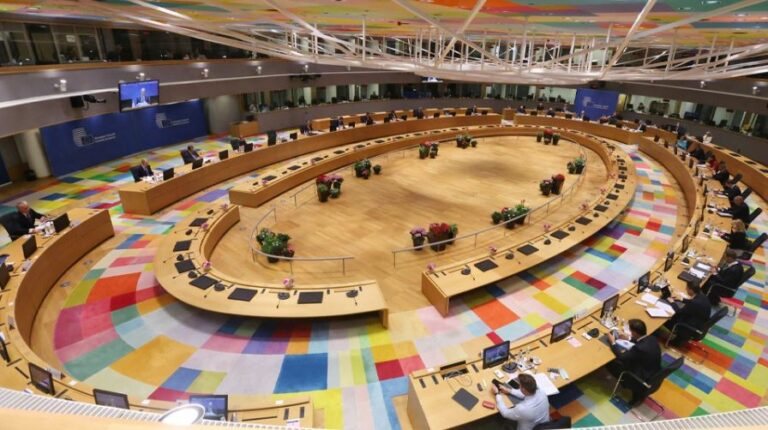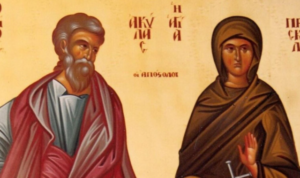The EU Summit statement recorded some positive gains for Greece, vis-a-vis Turkey, as the European Council condemned and rejected any attempt by third countries to instrumentalise migrants for political purposes.
On the issue of Turkey and the general situation in the Eastern Mediterranean, Greece and Cyprus managed to record gains in the final conclusions, as the European Council decided to point out that Ankara should respect the declaration of 25 March 2021 (paragraph 3, articles 10 -19), while at the same time the 27 reiterate that they are committed to a bi-zonal, bi-communal federation in Cyprus.
The European Council decided to continue its carrot and stick approach towards Ankara, while promising a further strengthening of the customs union, stressing, however, that such a development should apply to all EU Member States, ie and in the Republic of Cyprus. At the same time, the 27 calls on Turkey to contribute to resolving regional crises, reminding the Erdogan regime that respect for the rule of law and fundamental rights is a key condition for any further development in Ankara-Brussels bilateral relations.
The issue of opening the borders to third-country nationals, such as Britain and Russia, was also the subject of intense contention, with Chancellor Merkel effectively “reprimanding” some member states, such as Portugal and Greece, which have both opened their borders, unilaterally, to British citizens or accept Russian citizens who have been vaccinated with the Sputnik drug.
However, the 27 leaders decided to activate travel restrictions for the countries of the European Union in two cases: in the event of an increase in infections and in the event of dangerous mutations in COVID-19, the EU will be able to decide to close the border to travelers come from third countries. These decisions, as noted in the text of the conclusions of the COVID-19 Summit, “will facilitate safe movement between EU countries.
Specifically on migration as it pertains to Turkey the statement reads:
III. MIGRATION
11. The European Council discussed the migration situation on the various routes. While the measures taken by the EU and Member States have brought down the overall irregular flows in recent years, developments on some routes give rise to serious concern and require continued vigilance and urgent action.12. In order to prevent loss of life and to reduce pressure on European borders, mutually beneficial partnerships and cooperation with countries of origin and transit will be intensified, as an integral part of the European Union’s external action. The approach will be pragmatic, flexible and tailor-made, make coordinated use, as Team Europe, of all available EU and Member States’ instruments and incentives, and take place in close cooperation with the UNHCR and IOM. It should address all routes and be based on a whole-of-route approach, tackling root causes, supporting refugees and displaced persons in the region, building capacity for migration management, eradicating smuggling and trafficking, reinforcing border control, cooperating on search and rescue, addressing legal migration while respecting national competences, as well as ensuring return and readmission. To this end, the European Council:
– calls on the Commission and the High Representative, in close cooperation with Member States, to immediately reinforce concrete actions with, and tangible support for, priority countries of origin and transit;
– calls on the Commission and the High Representative, in close cooperation with Member States, to put forward action plans for priority countries of origin and transit in autumn 2021, indicating clear objectives, further support measures and concrete timelines;
– invites the Commission to make the best possible use of at least 10% of the NDICI financial envelope, as well as funding under other relevant instruments, for actions related to migration, and to report to the Council on its intentions in this respect by November.
13. The European Council condemns and rejects any attempt by third countries to instrumentalise migrants for political purposes.
EU-Russia relations
EU leaders agreed Friday to plan for sanctions against Russia, but rejected a push for a summit with Russian President Vladimir Putin.
At the EU summit in Brussels, France and Germany had called for direct talks with Putin.
The proposal came after US President Joe Biden held his own meeting with Putin in Geneva, Switzerland, last week.
However, EU leaders failed to reach and agreement on such a summit. In a statement, they said that “they will explore format and conditionalities of dialogue with Russia” but did not mention a summit.
The statement also called on EU High Representative for Foreign Affairs Josep Borrell “to present options for additional restrictive measures, including sanctions” against Russia.
Ask me anything
Explore related questions





